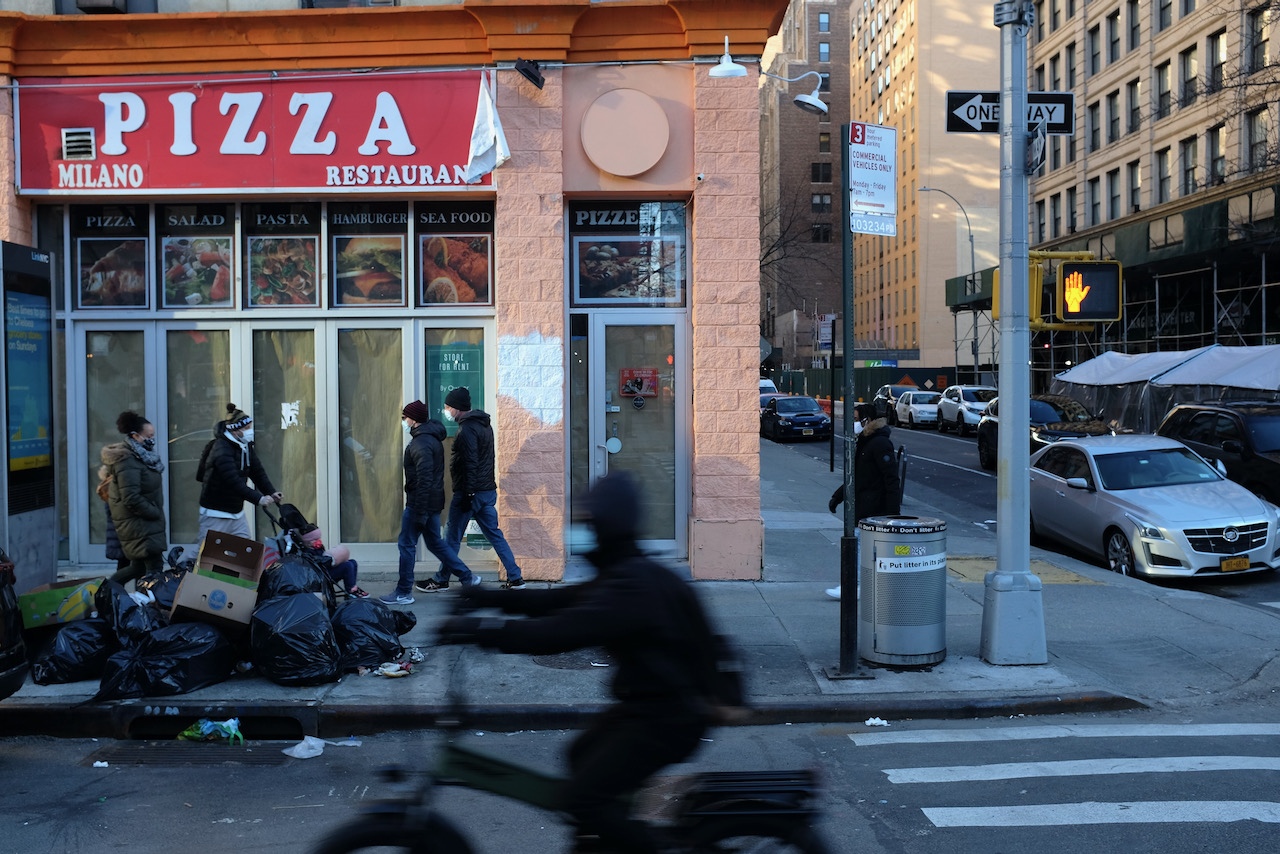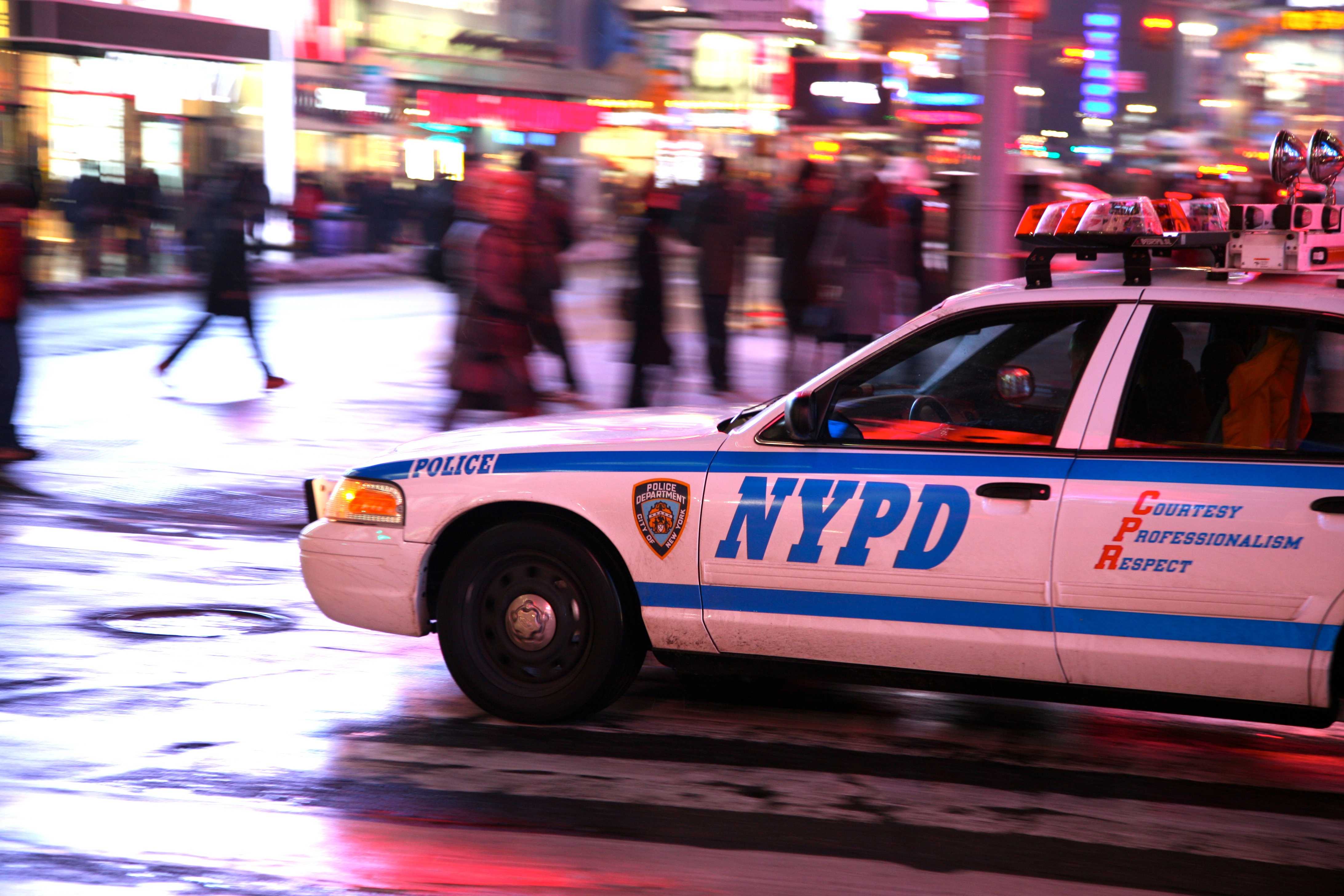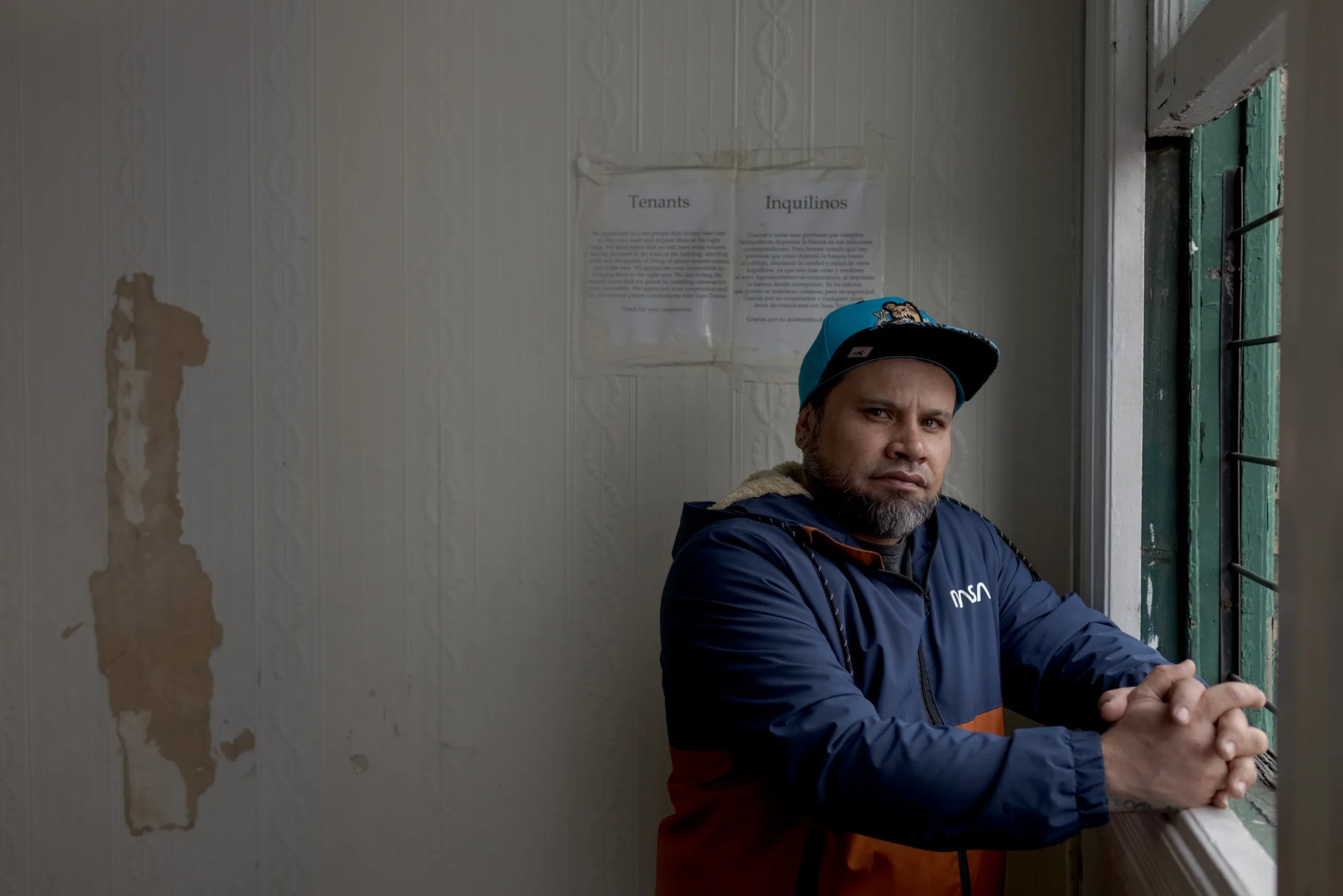Alfonso Victoria moved to New York City from Mexico, his home country, in 2016. Throughout the pandemic, he worked multiple jobs in various bars and restaurants in Brooklyn to make ends meet. During some of these jobs, Victoria said his pay would often fall short at the end of his shift, and his employer at a bar in Brooklyn refused to pay him the difference to reach the minimum wage.
New York has a $15 per hour minimum wage, though bars and restaurant owners are allowed to pay tipped workers less than that if their tips make up the gap.
Having been denied fair wages several times by his previous employer, Victoria decided to log his work hours on Google Sheets to prove how much he worked. Still, his employer did not believe him, arguing that the hours seemed like “a lot and did not make sense,” Victoria said.
Later, Victoria’s employer fired him for discussing this mistreatment with the owner of a neighboring restaurant. Victoria never considered filing a complaint with the Department of Labor because he knew the odds were against him.
Also Read: Patrick Mock Owes More Than $1 Million in Wages at His Chinatown Restaurant
Thousands of New Yorkers say their wages were stolen after the pandemic began. More than half of New York state restaurant workers reported that their tips dropped by 50% or more during the pandemic, causing some to receive wages below the minimum hourly rate, according to a survey by labor group One Fair Wage. But, as city data shows, few workers file minimum wage complaints with the labor department, and even fewer are successfully paid.
New York City alone is home to around 3.9 million workers as of December 2020. However, according to New York State Department of Labor records, just 253 workers from across New York City filed minimum wage complaints at the beginning of the pandemic between March and December 2020. DOL has not responded to requests for 2019 data.
Labor advocates say NYS DOL’s complicated, slow-moving process deters many workers from filing complaints. Undocumented immigrant workers in particular face language barriers and fear of repercussions. These issues have only intensified during the pandemic, leaving the system broken when workers have needed it most.
According to Yamila Ruiz, the communications director of One Fair Wage, some workers may not lodge wage theft complaints because they don’t know it is happening to them.
“They think wage theft means employers are stealing their tips out of the tip jar,” Ruiz said.
Workers are also discouraged from filing due to fears of retaliation. To review wage and hour records of employees, NYS DOL must contact employers about claims against them during the investigation process, according to an audit by the Office of the New York State Comptroller published in March 2021.
According to the Census Bureau’s American Community Survey, the restaurant industry in New York state currently employs about 662,000 workers; about 20% of whom are undocumented immigrants.
Diego, a restaurant worker and organizer with the Restaurant Workers Council, an organization seeking to create an independent workers’ union, said it can be difficult for undocumented workers to find a new job immediately, which dissuades them from taking action in situations of wage theft.
“There is almost no job security in our industry,” said Diego. “Filing a complaint can put a target on your back.”
Workers also worry about serious repercussions, including deportation by U.S. Immigration and Customs Enforcement, said Ruiz.
If a worker is willing to take these risks, they must fill out a six-page LS223 form to file a minimum wage complaint. According to labor organizers, this form wasn’t available through NYS DOL’s website for many years, so workers had to find it on the U.S. Department of Labor’s website. In August 2020, the department stopped accepting electronic forms, forcing workers to print and mail their documents. Even today, workers remain confused about where to file complaints, and ultimately don’t know where to go.
Also Read: Jing Fong’s Workers are Fighting to Keep Their Chinatown Restaurant Alive
Lodging official complaints can be even more challenging for undocumented workers who sometimes cannot navigate the legal process due to language barriers, Ruiz said.
After a case is filed, the waiting begins. Before COVID-19, NYS DOL could take a year or two to process a minimum wage case, but these delays have gotten even longer, said Richard Blum, a staff attorney at The Legal Aid Society in New York.
Several workers who did file complaints with NYS DOL did not receive timely compensation due to department inefficiencies. Approximately 45% of the 253 cases mentioned above remained active investigations as of September 2021, which prevented the workers from getting the wages they were owed to support themselves and their families. This occurred for several reasons.
For one, NYS DOL investigations can be slow to start. According to the comptroller’s audit, in 69 of 150 minimum wage complaints reviewed across three NYS DOL offices from 2016 to 2019, investigators did not contact the employer in question within 60 days as recommended by NYS DOL procedure.
Once the Labor Department concludes an investigation and deems a payment necessary, the case is marked “pending payment.” But cases can languish here. Of the fully investigated complaints filed from March to December 2020 in New York, about 74% required pending payments to employees as of September 2021, according to DOL records released from a FOIL request.
Typically, NYS DOL is in charge of paying out the workers’ compensation. While most of these approved NYS DOL payments go through successfully, the audit reported several instances between 2016 and 2019 of bounced checks, difficulties locating workers and workers not receiving compensation.
If the Labor Department allows payment from an employer directly, the agency’s enforcement mechanisms can be weak, said Stephanie Luce, a sociology and labor studies professor at the City University of New York. In some cases, there are not enough labor department employees assigned to enforce these rulings, Luce said. Employers can also refuse to follow enforcement guidelines or declare bankruptcy to avoid paying workers, she said.
In New York, investigations were delayed during the pandemic when the agency had other priorities, Blum said, as the agency lost staff and shifted others to its unemployment department.
NYS DOL also indicated this shortage to the comptroller’s office. NYS DOL officials said the number of workers involved in a case is a factor in delayed investigations, said Mark Johnson, Office of the New York State Comptroller press secretary.
Also Read: ‘I Had To Be Strong For My Children’: New York’s Undocumented Immigrants Tell Their Pandemic Stories
In several investigations marked “closed and paid,” the comptroller’s audit could not confirm workers had received owed wages. The audit also found that NYS DOL failed to document several payments in cases where employers directly paid workers. While the department did verify that employers had made payments in these cases, it lacked confirmation that the correct workers had received them, according to the comptroller audit.
The barriers to filing NYS DOL complaints and inefficiencies in the department’s minimum wage investigations ultimately snowball into dire consequences for low-wage restaurant workers.
“If you need to pay rent tomorrow, resolving a case in one or two years isn’t really satisfactory,” Diego said.
NYS DOL did not respond to Documented’s inquiries about its wage investigations.
Undocumented workers especially are left with limited options for justice.
Although turnover in the restaurant industry is high, it can be difficult for undocumented workers to find a new job immediately, which prevents them from taking action in situations of wage theft, Diego added.
Reflecting on his experiences, Victoria emphasized the challenges he faces as undocumented worker facing minimum wage violations.
“If someone who was born here (the U.S.) decides to file a lawsuit or decides to leave, they have unemployment, options and protections,” Victoria said. “But for us, it is really hard.”















